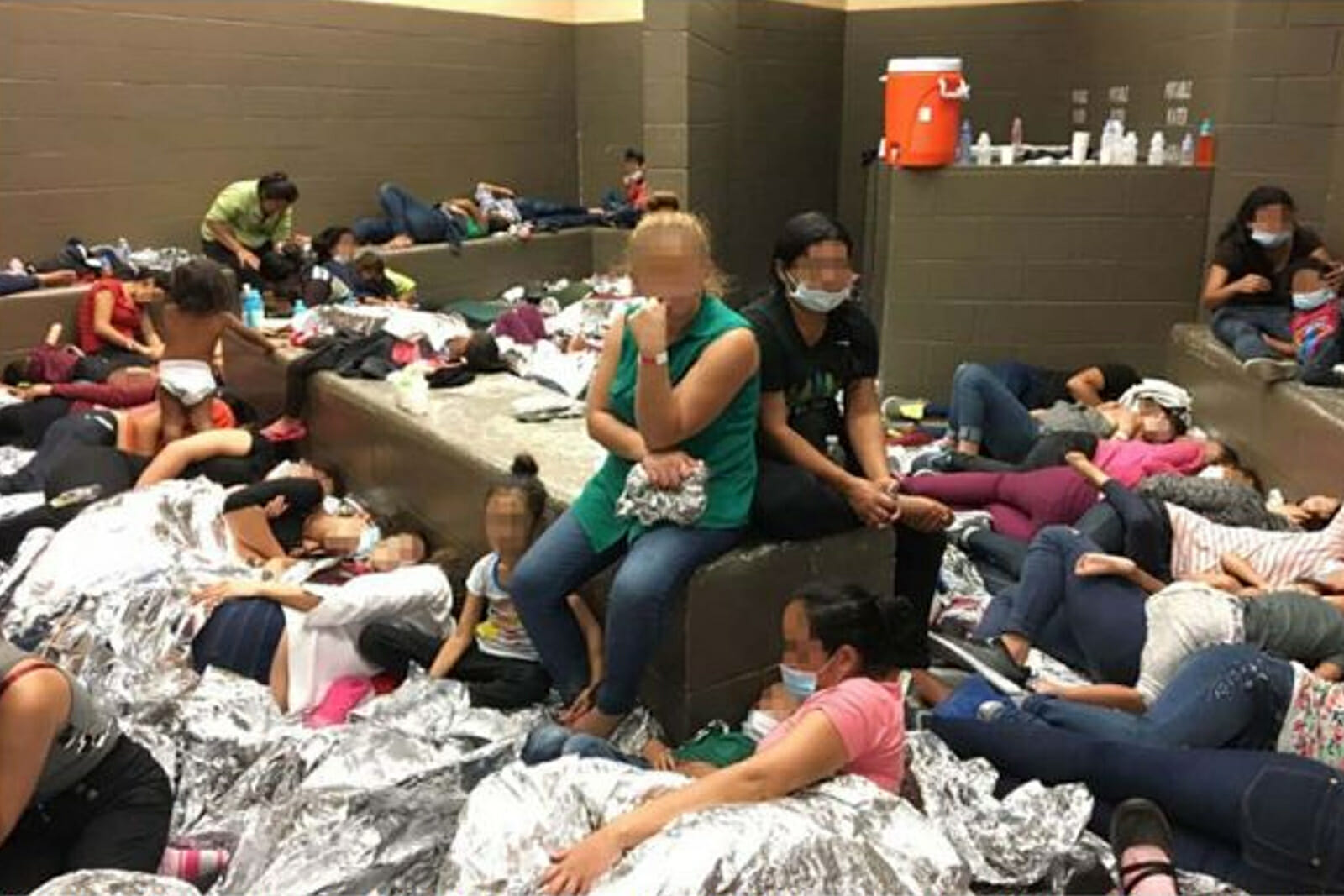
Build Up the Northern Triangle to Prevent a Mass Exodus
Every day, hundreds of people from the region known as the Northern Triangle – Honduras, El Salvador, and Guatemala – embark on perilous journeys to the U.S.-Mexico border. They have no choice but to abandon their homes to escape brutal gang violence, high levels of poverty, and endemic corruption. This year, the Northern Triangle countries have been crippled by the coronavirus pandemic, ensuing economic paralysis, and natural disasters (two brutal Category 4 hurricanes just weeks ago). Now, Central Americans have more reason than ever to migrate. Instead of pursuing punitive and reactive policies, the United States should seek to tackle the root causes of migration.
The current administration’s policies have been ineffective, illegal, and incompatible with American values. First, the “Remain in Mexico” policy forces asylum seekers arriving at the U.S.-Mexico border to await their trials in Mexico potentially for years. Asylum seekers have had to create makeshift refugee camps in America’s backyard, where they fall prey to abuse and extortion by drug and human traffickers. With the upsurge in COVID-19 cases in the United States, the inability of these asylum seekers to practice social distancing and adequate sanitation is a threat to their own health and to U.S. national security interests.
Title 42 allows border agents to return new detainees within hours to the nearest border crossing. The policy was meant to deter migration, prevent overcrowding in border facilities, and protect U.S. border agents from exposure to COVID-19. Yet, deported migrants quickly try again, leading to repeated exposure for border agents and wasted taxpayer dollars.
Further, the return of migrants to countries where they will face persecution or torture violates domestic and international laws of non-refoulement. This year, thousands of Central American children have been returned to their home countries, and some even to Mexico, without adult supervision or notification to parents. The United States can no longer forsake the human security of migrants in favor of border security.
Preventing mass migration events requires a combination of short and long-term initiatives. To protect human rights and uphold the law, the United States should put an end to Remain in Mexico and rapid release programs. Likewise, coronavirus and disaster relief foreign aid can help mitigate the housing, food security, and economic needs that are driving migration. However, a lasting solution calls for a long-term strategy. The United States should invest in the economic and institutional development of the Northern Triangle to address the forces driving people to leave their communities.
First and foremost, the U.S. can build democratic and transparent governance in Central America by targeting state corruption. Resistance by powerful local elites is a common obstacle, and U.S. support allows investigators to go after corrupt elites considered untouchable. Additionally, developing the capacity of local civil society groups and NGOs to demand accountability from their governments creates sustainability and eliminates permanent dependence on U.S. assistance.
As gang and domestic violence are the primary reasons driving migration, the U.S. should emphasize community-based violence prevention programs. For decades, U.S. security initiatives in Central America have focused on improved policing. The U.S. should continue to collaborate with and strengthen law enforcement institutions to improve their ability to track and capture transnational criminals. But prevention-focused strategies are more sustainable in the long run. They can change the trajectories of at-risk youth, transform local cultures of violence, and deter gang recruitment. The combination of efforts advances citizen security and prevents the need to migrate.
Lastly, the U.S. should invest in education and economic opportunities in the Northern Triangle. Vocational training opportunities for disenfranchised, at-risk youth creates decent employment prospects that reduce the likelihood of joining criminal groups. Central America is also vulnerable to extreme weather, so training farmers on crop diversification and climate resilience can lead to more secure subsistence and revenue streams. Poverty reduction and food security programs enable citizens to provide for themselves and their families, alleviating pressures to seek economic wellbeing elsewhere.
The United States is stronger when the hemisphere is safe and stable. By investing in governance, security, and economic prosperity in the Northern Triangle, the U.S. can prevent migrants from needing to embark on dangerous journeys to the border. Adopting more humane and effective policies will show the world that America still stands for its values.

